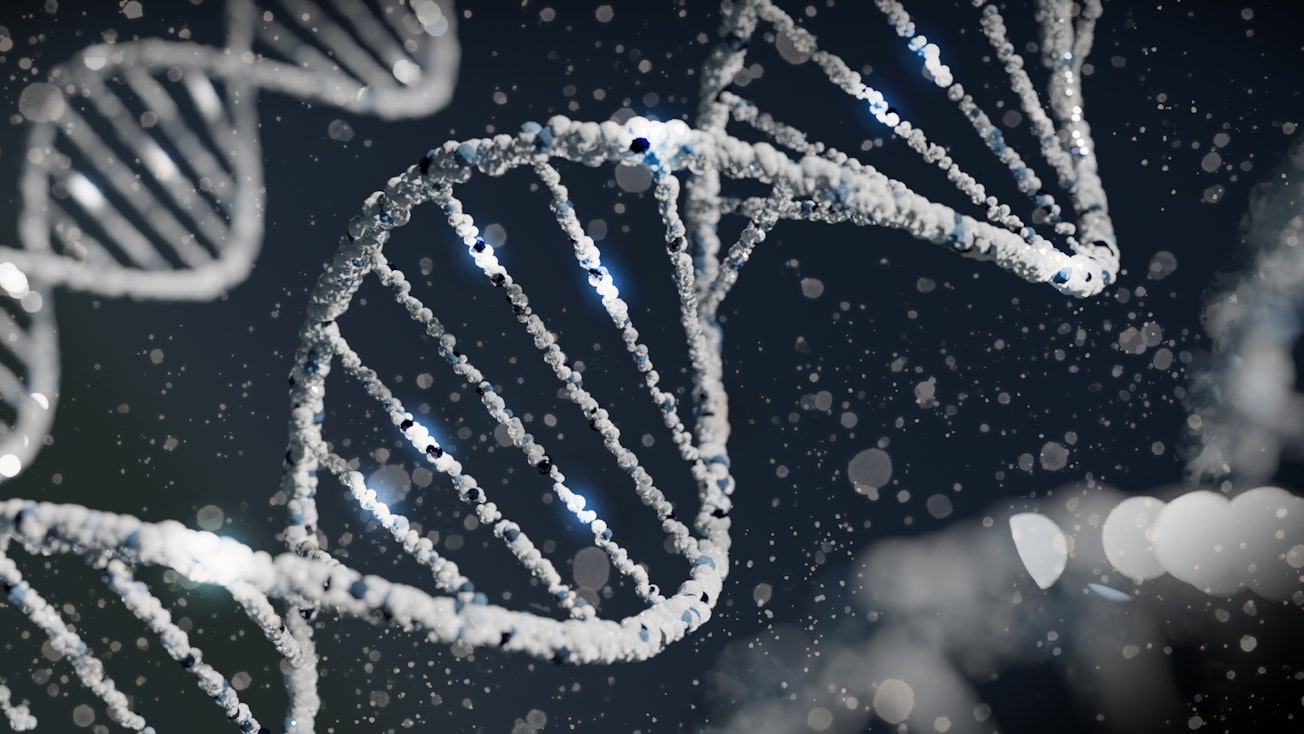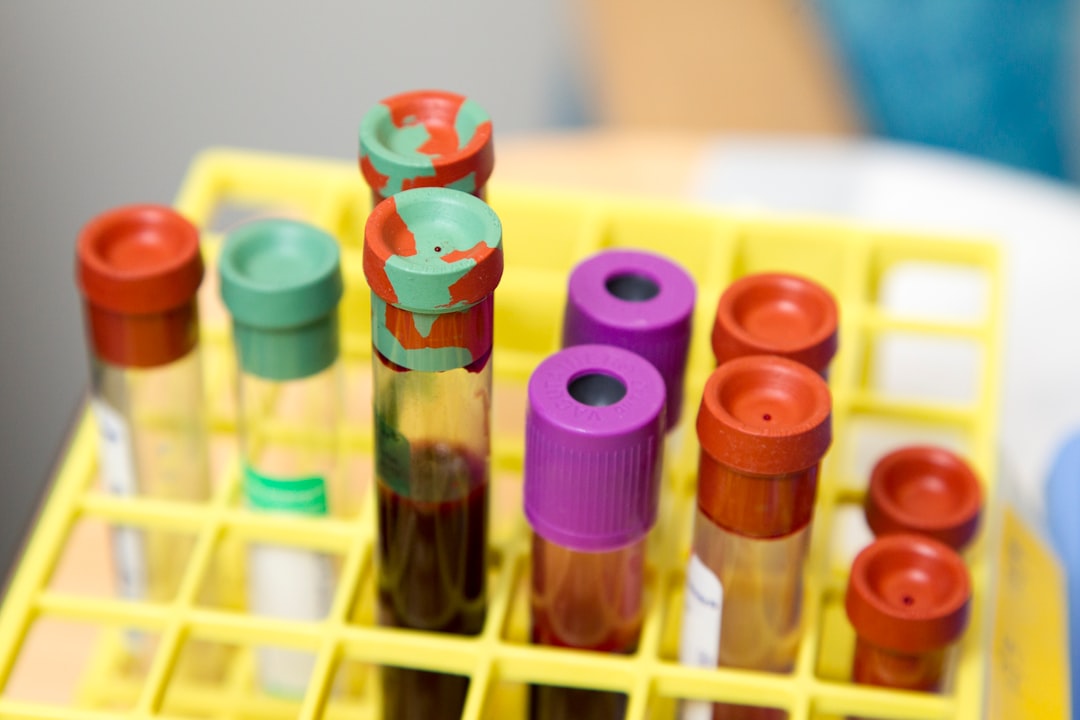What is it about?
For the first time, we have demonstrated the relationship between MCM9 gene polymorphisms and a lack of recombination as a risk factor for chromosome 21 nondisjunction during meiosis I, and this relationship is irrespective of maternal age.
Featured Image

Photo by Sangharsh Lohakare on Unsplash
Why is it important?
These findings significantly advance our knowledge of the molecular mechanisms underlying the chromosome 21 nondisjunction recombination errors that result in the birth of a child with Down syndrome.
Perspectives
With this piece, I hope to pique interest and perhaps even excitement in what some readers may perceive as a dry, a little abstract field. Because every single person on the globe who is either born with Down syndrome are affected by the way we spend money on health and social care, the issue is not just one for lawmakers, managers, and academics to worry about. More than anything, I hope you find this piece thought-provoking, if for no other reason.
Upamanyu Pal
University of Calcutta
Read the Original
This page is a summary of: The etiology of Down syndrome: Maternal MCM9 polymorphisms increase risk of reduced recombination and nondisjunction of chromosome 21 during meiosis I within oocyte, PLoS Genetics, March 2021, PLOS,
DOI: 10.1371/journal.pgen.1009462.
You can read the full text:
Contributors
The following have contributed to this page










